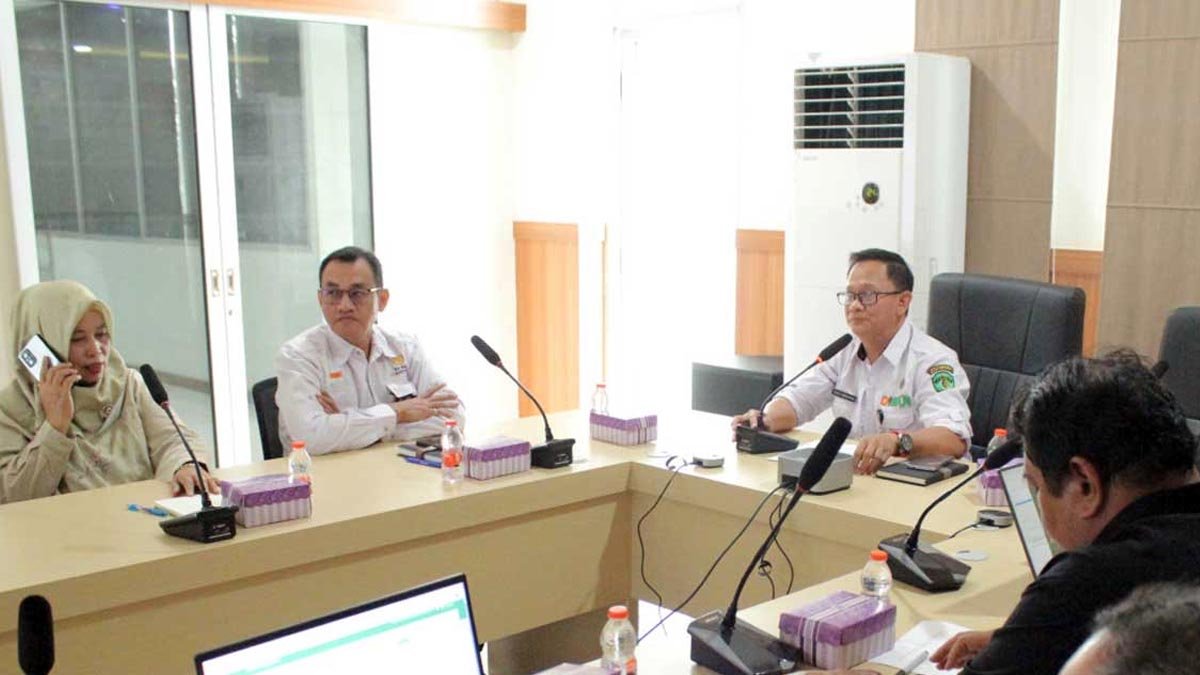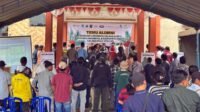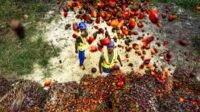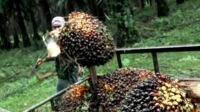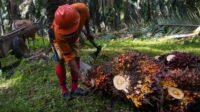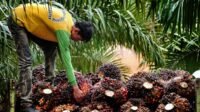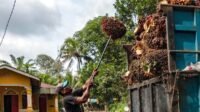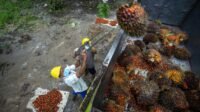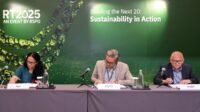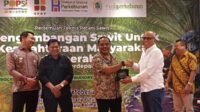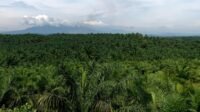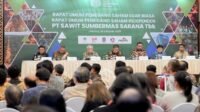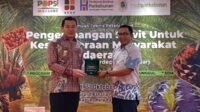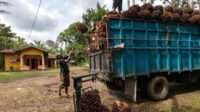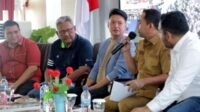PALMOILMAGAZINE, SAMARINDA – East Kalimantan’s commitment to strengthening palm oil plantation governance was reaffirmed this week. The East Kalimantan Plantation Office (Disbun Kaltim) convened a Coordination Meeting on Palm Oil Plantation Infrastructure Proposals (Sarpras) through the Sarpras Application at its headquarters on Wednesday.
According to Disbun Kaltim, the forum served as a crucial platform for provincial and district governments to align perspectives and draft strategic steps to boost both productivity and sustainability in the palm oil sector.
The meeting was opened by Acting Head of Disbun Kaltim, represented by Head of Processing and Marketing, Taufiq Kurrahman. Attendees included sarpras teams from Paser, East Kutai, West Kutai, and Kutai Kartanegara, while delegates from Penajam Paser Utara and Berau joined virtually.
Also Read: KPBN Inacom CPO Withdraws on Thursday (Sept 4), Malaysia’s Palm Oil Trade Stays Tight
Taufiq underscored the importance of inter-district synergy to ensure that each proposal truly reflects field needs.
“Our success in this activity will be marked by the issuance of technical recommendations. These recommendations must be validated from the district to the provincial level so proposals can be more accurate and impactful,” he noted.
He also highlighted the progress of proposals from 2021–2023, particularly in Paser, which ranged from upgrading production roads to intensification programs.
The technical discussion was led by Agricultural Extension Officer Arif Sabtamiharja, who presented updates on proposal verification, on-the-ground challenges, and acceleration strategies.
“Every proposal must be properly verified. Technical barriers in the field need to be resolved quickly so that acceleration recommendations can be implemented without delay,” Arif stressed. He also emphasized ongoing support to overcome issues such as poor road access, limited equipment, and land readiness.
Through this meeting, Disbun Kaltim aims to build a shared commitment between provincial and district governments to speed up the realization of palm oil plantation infrastructure. The resulting technical recommendations will form the basis for transparent, accountable, and needs-driven implementation in the field.
Disbun Kaltim is optimistic that this consolidation will not only strengthen plantation infrastructure but also lay the foundation for boosting East Kalimantan’s palm oil competitiveness in both national and global markets. (P2)

